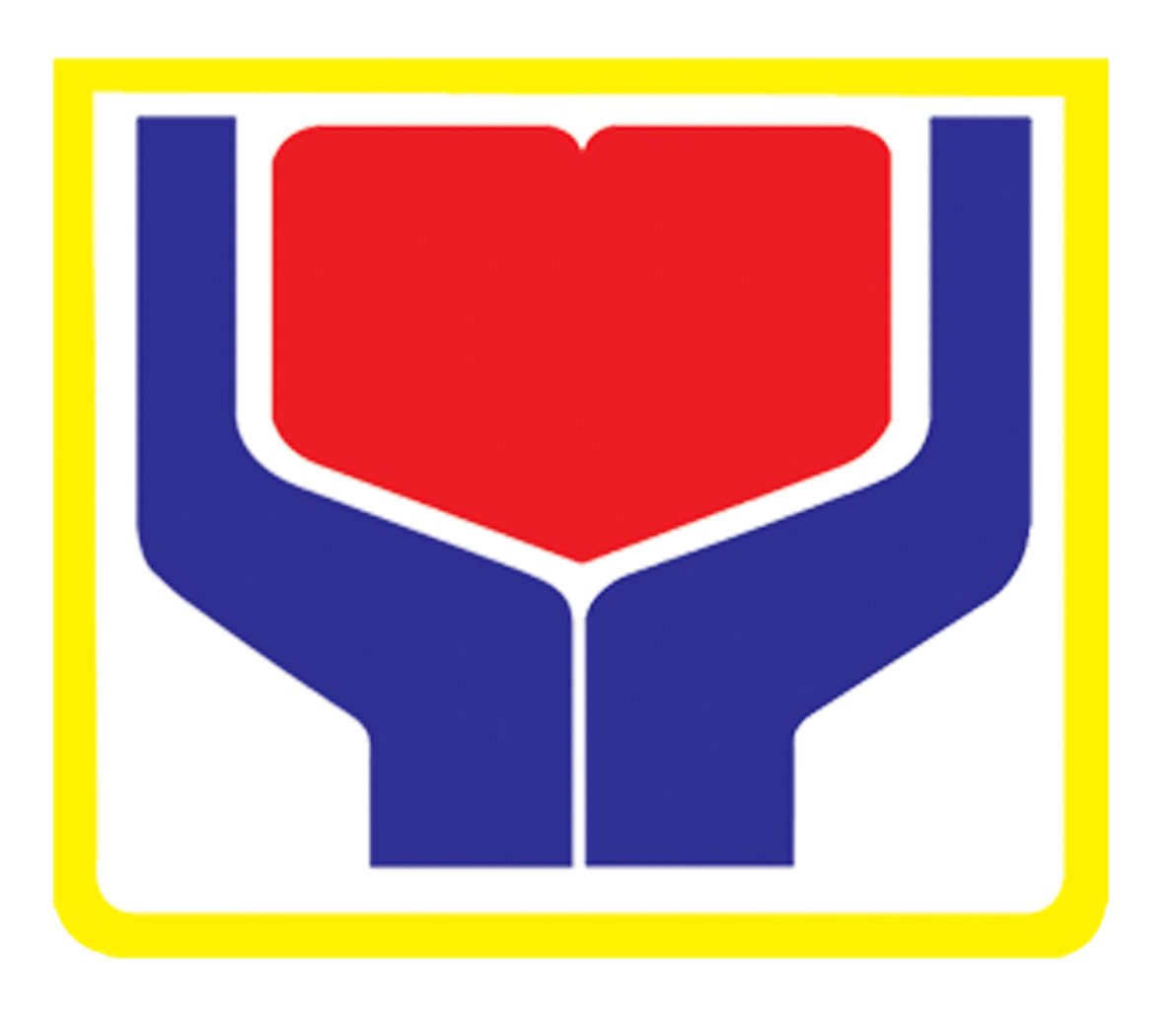Almost every week, she needs to find someone who will let her borrow some money—which will be her four children’s daily allowance to school for the whole week.
“Kailangan araw-araw kang may hawak na pera, baunin ng mga bata. Kaso nga po walang pang-araw-araw na kita kaya hirap na hirap po kami sa pinansyal,” shared Leah Candelaria, 44, a resident of Brgy. Pulo in San Antonio, Quezon Province.
She earns around PhP 600 per month as a barangay health worker. Her husband, 45-year-old Samuel, on the other hand, is a farmer who has to wait several months before he can bring home some cash.
With their situation, Leah accepted the fate that they cannot send their children to college.
Assistance to the family
In 2011, Leah’s family qualified to be a beneficiary of the Pantawid Pamilyang Pilipino Program of the Department of Social Welfare and Development (DSWD).
The Pantawid Pamilya is a program of the national government that provides conditional cash grants to support the needs on health and education of zero to 18 years old children.
Their family is one of the more than 300,000 household-beneficiaries in the CALABARZON Region.
With the financial assistance from the program, Leah did not have to worry about most of her children’s needs, especially in school. She was able to send all of them to school, two are even in high school, without much worries.
Still, Leah admitted that their income is not enough to send them to college. So when their eldest, Nikko, graduated from high school, he did not pursue higher studies and instead, he began working. The same happened when it was time for Leslie, her second child, to go to college.
“Ang gusto po sana n’yang kunin ay HRM. Kaso nga po ey hindi namin kaya,” Leah explained.
Though this is hard for her as a parent, she cannot do anything about their insufficient income. Even if Nikko is already helping with the finances through working in a convenience store, they cannot still send Leslie to college.
Better jobs for her children
Two years after Leslie graduated, Leah found an opportunity to send her to school. She heard that the DSWD was offering skills training to qualified members of Pantawid Pamilya households who are at least high school graduates under the Sustainable Livelihood Program (SLP).
The SLP is implemented alongside Pantawid Pamilya program to capacitate participants towards economic sufficiency through either micro-enterprise development or employment facilitation. The program provides opportunities to household-beneficiaries to gain sustainable income to help support their respective families.
“Itinanong ko po kay Ma’am Weng (Pantawid Pamilya Municipal Link assigned in the area) kung pwede ang mga anak ko dito dahil two years nang graduate si Leslie, tapos ‘yung aking isa ay kagagraduate lang (Harvey) kaya itinanong ko po kung pwedeng isali pareho,” Leah shared.
Leslie and Harvey were both accepted, and they were both enrolled at the National College of Science and Technology (NCST), DSWD’s partner institution, in Dasmariñas City, Cavite. The NCST offered a free skills training on Manufacturing Technology for one year and three months, which includes a paid on-the-job training.
This skills training is under the employment facilitation track of the SLP where participants are linked to employment after they are provided with training.
When they finished the program, Leslie was employed right away as a production operator in one of the manufacturing sites in Cavite. Harvey, on the other hand, was unable to continue working because of medical problems.
“Medyo naman po gumaan ang pamumuhay dahil nga po libre ang pagpapaaral. Hindi masyadong sa amin lahat nakasalalay ang ginagastos nila dahil nung nag-oOJT pa lamang sila ay may income na po sila, e di sila na rin ang nagastos sa kanilang sarili,” said Leah.
With Leslie’s training and experiences, she was able to easily find jobs that offer a higher wage. Leslie is now also able to send money home to help with the family’s expenses.
“Kumpara ‘nung dati na kailangan pa naming mangutang, ngayon ay hindi na,” shared Leah, who is greatly relieved because of their improved financial situation.
Today, Leah’s family is no longer a beneficiary of the Pantawid Pamilya program since their youngest, Kyle, has already graduated from senior high school. Despite not receiving anything from the government, Leah is more confident with their future.
“Malaking tulong sa aming pamilya na dati’y walang kakayahang magpaaral ang suporta ng iba’t ibang programa. Malaking bagay na nakatapos ang aking mga anak at may dagdag silang kaalaman nang sa gayon ay mas maging maayos ang kanilang buhay,” shared Leah.
